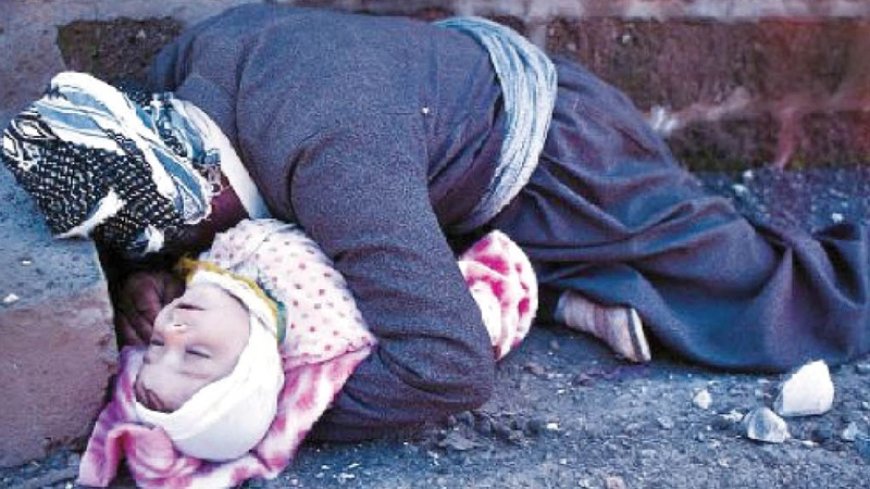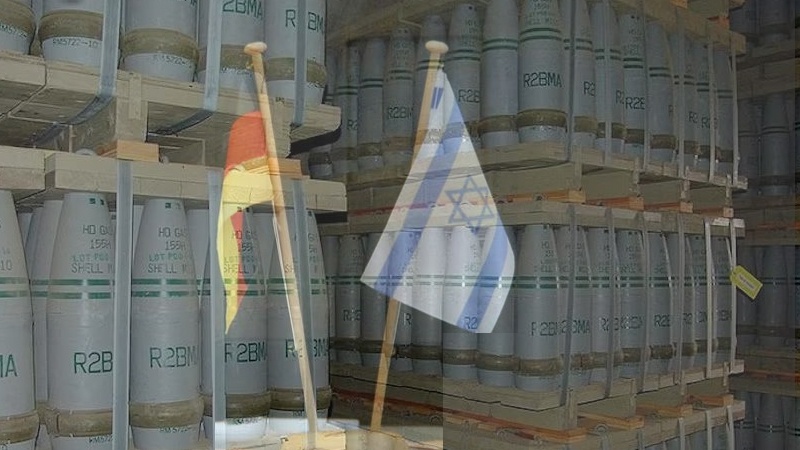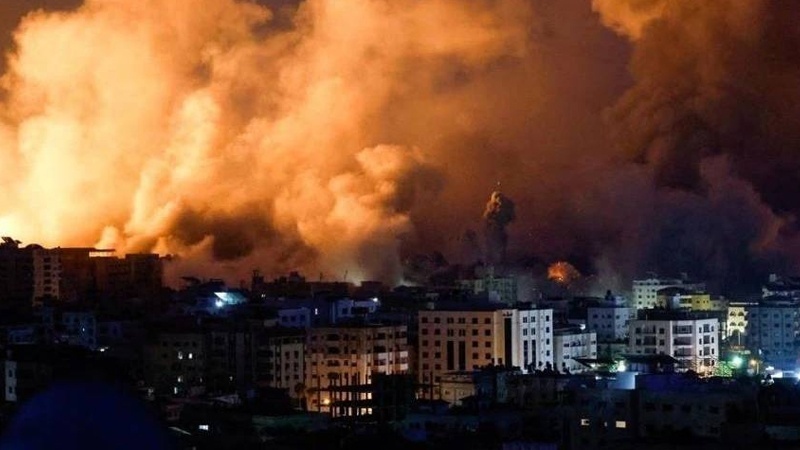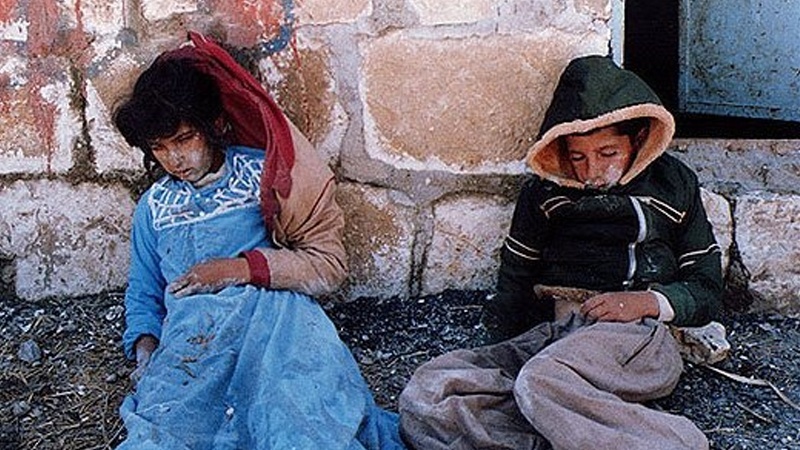The file on the development and use of destructive weapons and weapons of mass destruction by Western countries, especially Germany, is a serious matter, and there is strong suspicion that Berlin is arming the Zionist regime with these deadly weapons.
The issuance of licenses for the export of weapons from Germany to Israel increased simultaneously with the outbreak of the Gaza war and became one of the top priorities of the Berlin government.
The German government approved almost 303 million euros ($323 million) in arms and military equipment exports to Israel in December 2023, more than 10 times more than the 32 million euros in arms exports for all of 2022.
The Stockholm International Peace Research Institute (SIPRI) reports that Germany has supplied the Zionist regime with more than a thousand tank engines in recent years.
The Zionist regime's use of banned weapons, including phosphorus bombs, in the Gaza Strip and southern Lebanon in recent months has heightened suspicions that the Germans are still sticking to their traditional method of arming aggressor countries.
There are concerns about the exploitation of the Zionist regime in the region. At the 38th Conference of States Parties to the Chemical Weapons Convention, the Non-Aligned Movement, citing the crimes of the Zionist regime during the aggression against Gaza, supported the Palestinian government's request to investigate the possible use of chemical weapons by Israel.
Citing published reports, the Non-Aligned Movement expressed deep concern about the Zionist regime's use of prohibited weapons, including phosphorus bombs, in the Gaza Strip and southern Lebanon, as well as the possibility of using nerve agents and other toxic agents in attacks on Gaza and the West Bank Jordan River.
The inhumane, commercial view of the history of Western weapons-producing countries on events in the region (West Asia) has always been associated with widespread concern in human rights circles in recent years.
Although the use of chemical weapons is prohibited by international treaties; The Iraqi Baathist regime carried out a total of 582 chemical attacks on the Iranian city of Sardasht from October 1980 to September 1988. These attacks left more than 10,000 people dead, about 100,000 people injured and requiring ongoing treatment, and 250,000 people with minor injuries.
The human tragedy of the chemical bombing of Sardasht, which was the direct cause of the Ba'athist regime, was met with silence by the Western media and was not given much attention due to the Western Bloc's support for the imposed war with Iraq and its overt and covert support for Baghdad.
Western countries, which in some way contributed to this disaster by selling chemical weapons materials and equipment to Saddam's regime, tried to ignore this incident and did not react and even tried to deny it.
Reports show that more than 400 chemical companies played a role in supplying Saddam's regime with chemical weapons, most of which came from Germany, the country that is now arming the Zionist regime to kill the defenseless population of Gaza.

















































